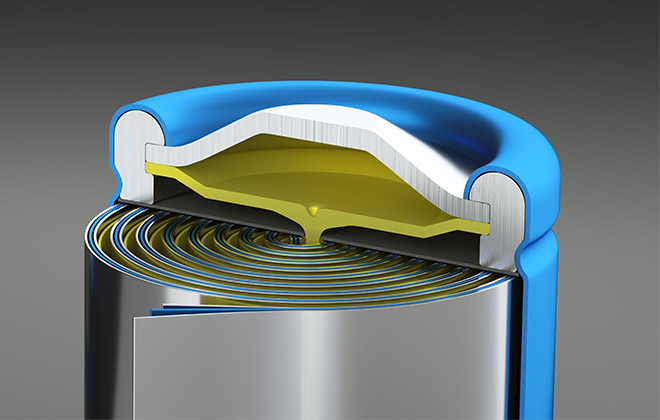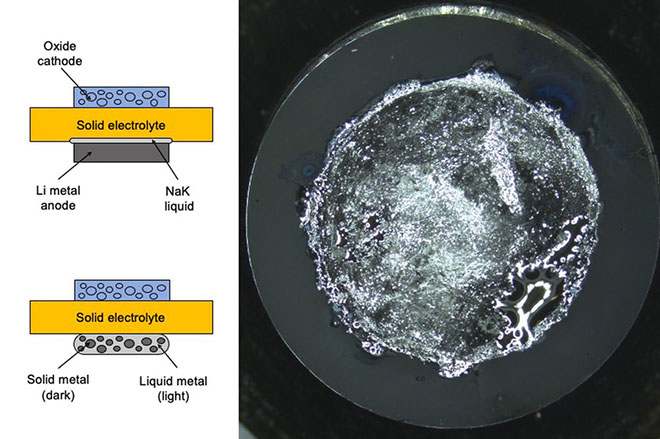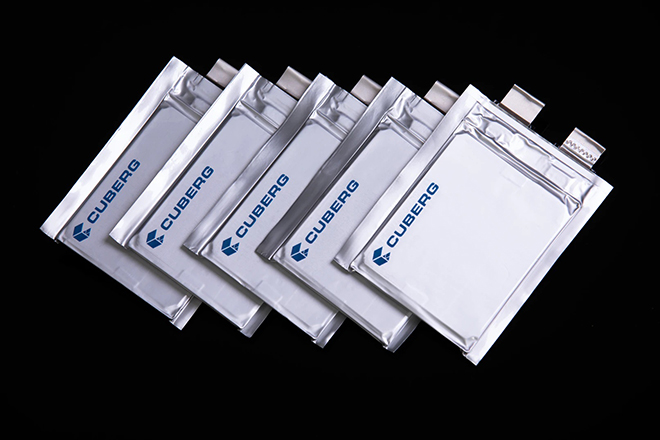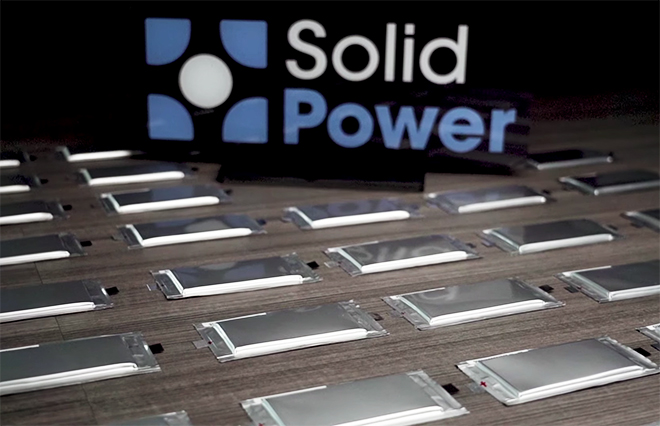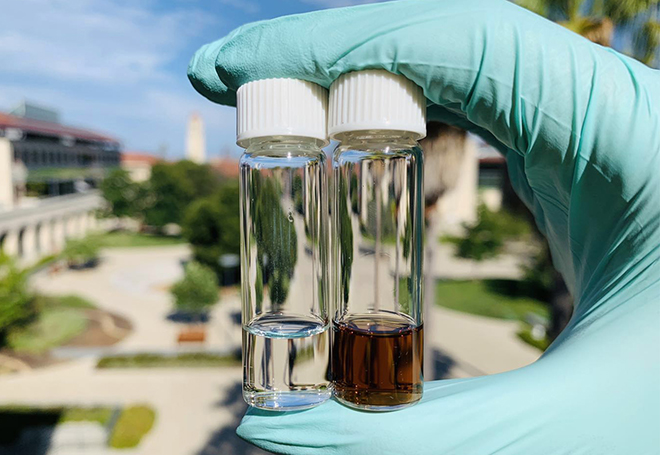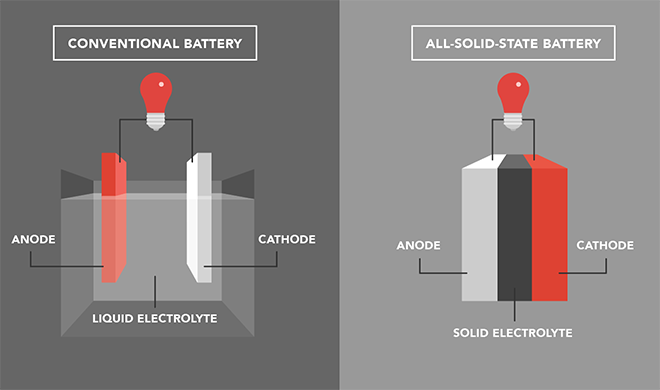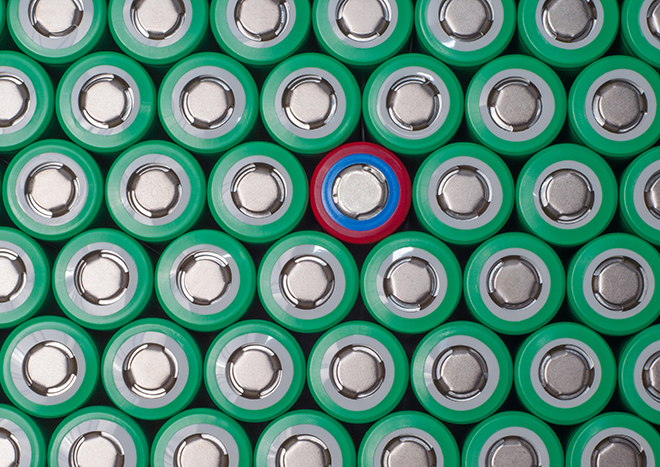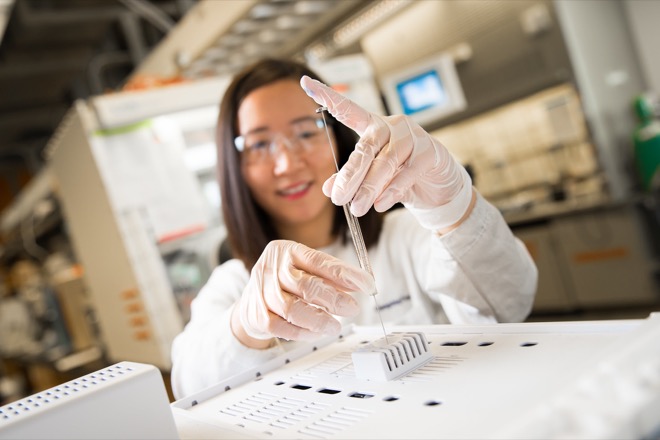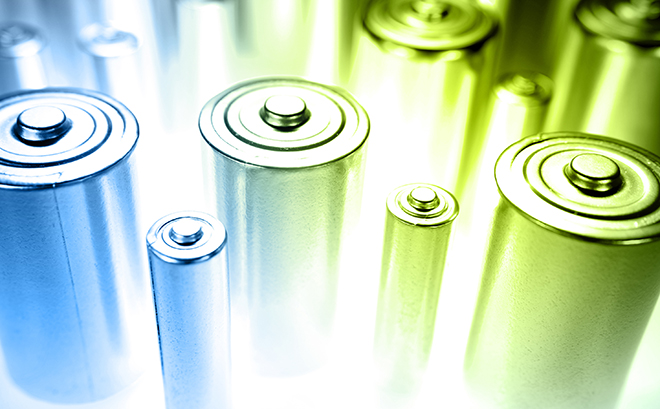Researchers from the Pacific Northwest National Laboratory (PNNL) have increased the lifetime of a lithium metal battery to a record 600 cycles. The research was done through DOE’s Innovation Center for Battery500 Consortium. The work was published in the journal Nature Energy. The PNNL team found a way to increase the battery’s lifetime using 20-micron-wide… Read more »
Search Results Found For: "lithium metal"
MIT researchers use semisolid electrode to prevent short circuits in lithium metal batteries
Researchers may have found ways to prevent dendrite formation in solid-state batteries. Their findings are described in the journal Nature Energy, in a paper by MIT graduate student Richard Park, MIT Professor Yet-Ming Chiang and researchers at MIT and other institutions. Chiang explained, “The only way you can reach the energy densities that are interesting… Read more »
Northvolt acquires Cuberg, will commercialize next-gen lithium metal battery cells
Northvolt has announced the acquisition of Cuberg, a battery company delivering lithium metal cells produced on existing lithium-ion manufacturing lines. Cuberg says its cells, which are based on its electrolyte technology for lithium metal anodes, deliver more than 70 percent increased capacity versus comparable lithium-ion cells. Building on this foundation, Northvolt and Cuberg will expand… Read more »
Solid Power introduces all-solid-state lithium metal batteries
Solid Power has announced the production and delivery of the company’s first-generation multi-layer, multi-ampere-hour (Ah) all-solid-state lithium metal batteries. Solid-state batteries have long been thought of as the “Holy Grail” of EV battery technology, as the lithium metal anode provides more energy and range than today’s Li-ion design, and the solid electrolyte increases safety by… Read more »
Researchers develop novel battery electrolyte for lithium metal batteries
A new lithium-based electrolyte invented by Stanford University scientists could pave the way for the next generation of EVs. In a study published in Nature Energy, Stanford researchers demonstrated how their novel electrolyte design boosts the performance of lithium metal batteries. “Most electric cars run on lithium-ion batteries, which are rapidly approaching their theoretical limit… Read more »
Researchers make Ceramic-based flexible electrolyte sheets for lithium metal batteries
Researchers at Tokyo Metropolitan University have developed a new method to make ceramic-based flexible electrolyte sheets for lithium metal batteries. They combined a garnet-type ceramic, a polymer binder, and an ionic liquid, producing a quasi-solid-state sheet electrolyte. The synthesis is carried out at room temperature, requiring significantly less energy than existing high-temperature (>1,000° C) processes…. Read more »
New research suggests fluorine-based electrolyte enhances lithium metal battery stability
Scientists at the Ulsan National Institute for Science and Technology (UNIST), led by Professors Nam-Soon Choi and Sang Kyu Kwak, have developed a fluorine-based electrolyte for lithium metal batteries with Ni-rich NCM cathodes. According to their paper, published in Nano Energy, the electrolyte evenly formed a protective film on the negative and positive electrodes, increasing… Read more »
New study identifies main culprit behind lithium metal battery failure
A research team led by the University of California San Diego has discovered the root cause of why lithium metal batteries fail. The team found that bits of lithium metal deposits break off from the surface of the anode during discharging and are trapped as “dead” or inactive lithium that the battery can no longer… Read more »
Researchers create air-stable, waterproof wax coating for lithium metal anodes
Lithium metal is a promising new material for battery electrodes, thanks to its high specific capacity and low voltage, but safety issues caused by dendrite growth and instability in air caused by its high chemical activity limit its large-scale use as an electrode material. However, a simple and efficient solution could be on the way… Read more »
Carnegie Mellon researchers develop semi-liquid lithium metal anode to pair with solid ceramic electrolytes
Researchers from Carnegie Mellon University have developed a semi-liquid lithium metal-based anode that could lead to higher capacity and better safety than typical lithium metal-based batteries that use lithium foil as anodes. The research team published their findings in the June 2019 issue of Joule. “Incorporating a mewtallic lithium anode into lithium-ion batteries has the… Read more »







